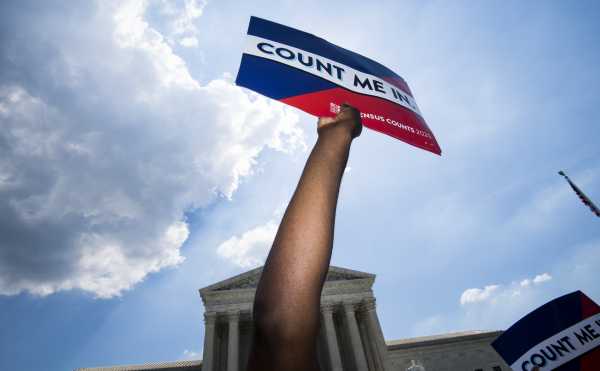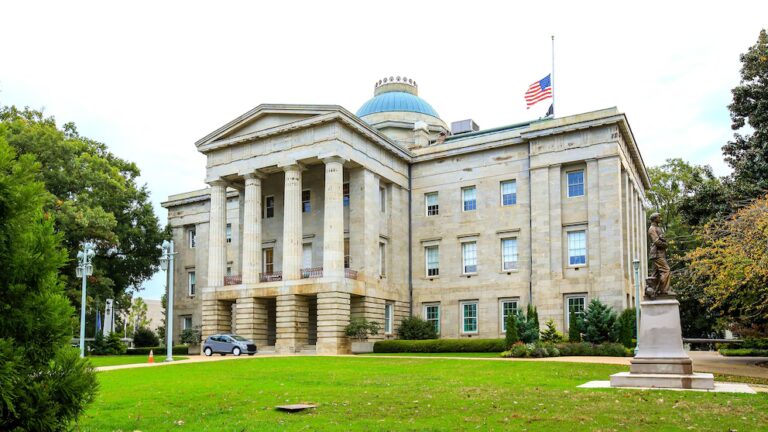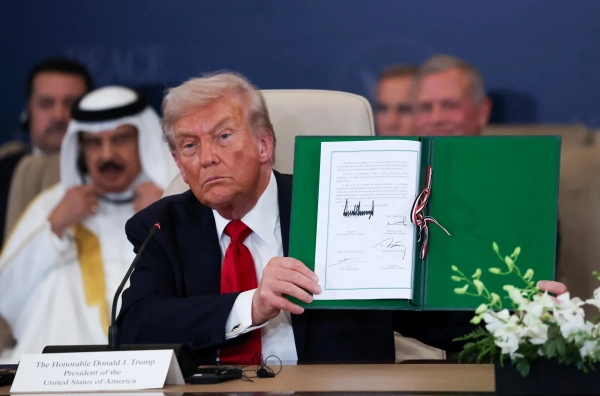
One day after the fight over whether the 2020 census would include a citizenship question seemed definitively decided in the negative, the Trump administration abruptly cast the whole issue into doubt, telling federal judges on Wednesday it was looking for ways to add it back in — at President Donald Trump’s direction.
Assistant Attorney General Jody Hunt said in a statement submitted to the US District Court in Southern Maryland, “We at the Department of Justice have been instructed to examine whether there is a path forward, consistent with the Supreme Court’s decision, that would allow us to include the citizenship question on the census.”
Should the lawyers find that path forward, Hunt said, “Our current plan would be to file a motion in the Supreme Court to request instructions on remand to govern further proceedings in order to simplify and expedite the remaining litigation and provide clarity to the process going forward.”
That change came on the president’s orders. One day after Commerce Secretary Wilbur Ross announced his department would begin printing the 2020 census without the citizenship question, Trump tweeted this was false, writing, “We are absolutely moving forward, as we must, because of the importance of the answer to this question.”
The president’s reversal on the issue was confusing, even seemingly to members of the administration, including his assistant attorney general, who called the current plan to put the question back on the census, “Very fluid at [the] present.”
The printing of the census was scheduled to begin no later than July 1 to ensure it would be ready for mailing next spring; it isn’t clear how Trump’s announcement effects either deadline. It also isn’t clear how the addition would be carried out — but activists have argued the successful addition of a citizenship question would scare millions of immigrants off of filling out their mandatory surveys and skew the population counts used to draw Congressional districts.
Trump is testing the boundaries of executive power
One day before Trump waded in on Twitter and seemingly spoke directly with the Department of Justice, the situation didn’t seemed fluid at all.
After the Supreme Court ruled last week that the Census could not ask respondents whether they were a US citizen (at least based on the administration’s current justification for doing so), Commerce Secretary Wilbur Ross announced the 2020 census will be printed without any questions on citizenship.
The Supreme Court did leave one avenue open for the administration to pursue in order to get the question in the census. As Vox’s Dara Lind explained:
Initially, it seemed the Trump administration was uninterested in presenting any new evidence or reasoning behind its desire to have the question included. Despite a tweet from the president last week saying that he had asked “lawyers if they can delay the Census, no matter how long,” a trial attorney at the Department of Justice sent the case’s plaintiffs an e-mail this week that said the administration had begun printing the forms without the question.
Commerce Secretary Wilbur Ross maintained that he disagrees with the Supreme Court decision, but confirmed Tuesday that the census would be printed without the citizenship question. “The Census Bureau has started the process of printing the decennial questionnaires without the question,” he said in a statement. “My focus, and that of the Bureau and the entire Department is to conduct a complete and accurate census.”
But Tuesday, Trump wrote he had directed the Department of Justice (which argued for the question in front of the Supreme Court) and the Department of Commerce (which oversees the census) “to do whatever is necessary to bring this most vital of questions, and this very important case, to a successful conclusion.” And Wednesday morning, Trump tweeted the decennial count of the US population will, in fact, contain a citizenship question for the first time since 1950.
The judge presiding over another lawsuit against the citizenship question in Maryland, US District Judge George Hazel, issued a request to the administration Wednesday to clarify matters. He asked to confirm by Friday whether the administration plans on pursuing the case further, as the president has indicated, or if it now considers the issue moot and plans to mail out the census lacking the citizenship question.
Should the administration fail to do so, Hazel said he will allow the recently reopened case on whether the citizenship question was promoted out of racist intent to continue.
Time is running out for the Department of Commerce; in order for the census to be mailed out on time next spring, printing must begin in the next few weeks. While arguing for the question in court, Trump administration lawyers said the printing could begin no later than July 1.
That deadline has now come and gone; former Census Bureau Director John Thompson told NPR’s Hansi Lo Wang the July 1 date likely wasn’t a hard deadline, but said that the later the administration waits, “The more you’re going to have to condense the schedule and the more expensive it’s going to be and the greater the chance for errors to crop up.”
Ross said Tuesday that “the Census Bureau has started the process of printing the decennial questionnaires without the question.” It is not clear whether Trump’s directive means printing has been paused, or if the administration will continue printing booklets without the question for now, with plans to reprint should it somehow find a way to get the question included.
The controversy over the citizenship question, briefly explained
The controversy over the citizenship question — which would have asked respondents: “Is this person a citizen of the United States?” — centered on why the administration wanted the question included.
Commerce Secretary Wilbur Ross said having the question would allow the Trump administration to properly defend the Voting Rights Act, arguing that by better understanding noncitizens and their neighborhoods, the federal government could ensure they weren’t subject to discrimination.
Ross, however, had little evidence to suggest that this was the actual reason that government officials wanted to add this question, Dara Lind and Libby Nelson write for Vox:
In short, the evidence suggests that Ross looked for a justification for the question after deciding to add it. This exact issue was the reason that the Supreme Court justices wound up ruling that the administration could not add a citizenship question to the census using its current rationale.
Activists feared the question would lead to an undercount of minorities, arguing many families would be too afraid that including noncitizens in counts of their household could lead to unwanted attention from Immigration and Customs Enforcement. Voting rights activists also said they worried undercounts due to the question could lead to the loss of congressional representation, as Lind and Nelson explained:
These activists have also expressed concerns that redrawn maps following an undercount would favor Republicans, a worry that is not completely unfounded.
Now, the administration will need to show it has — and has always had — a reason for including the question that can pass court muster. And with the deadline for the start of printing now in the past, the clock is ticking to do so.
Sourse: vox.com






